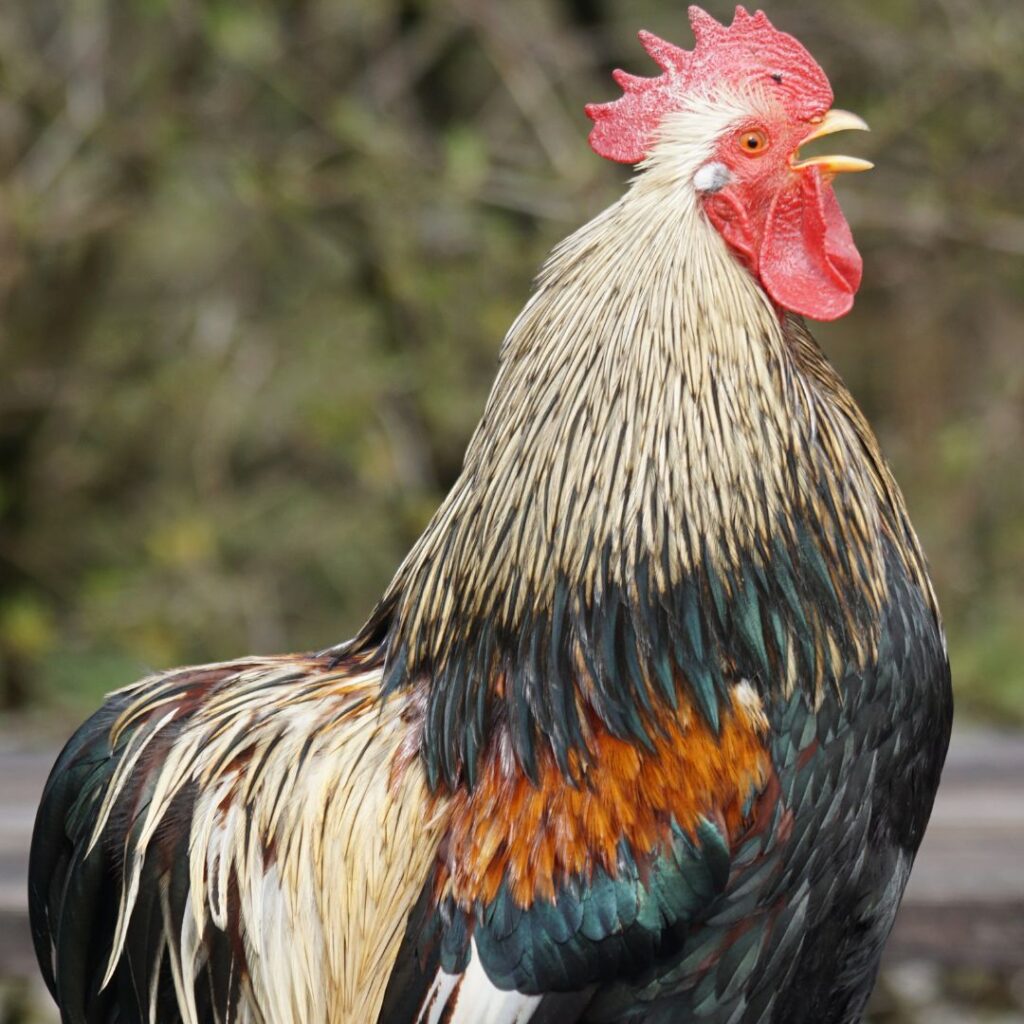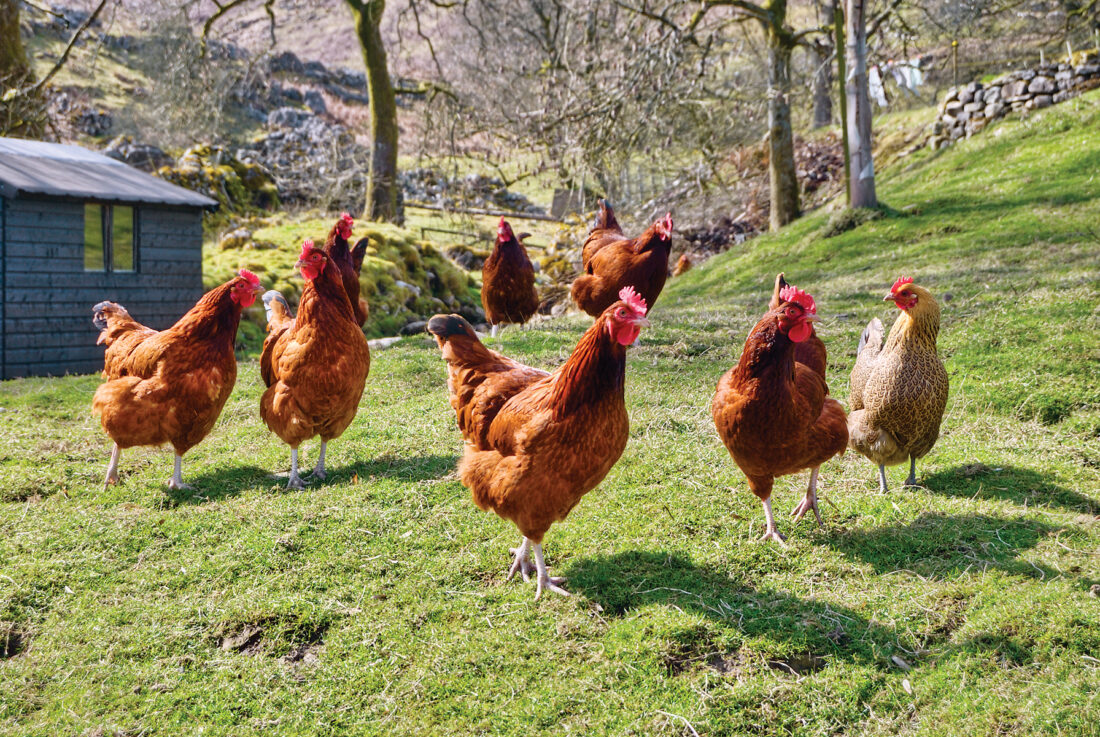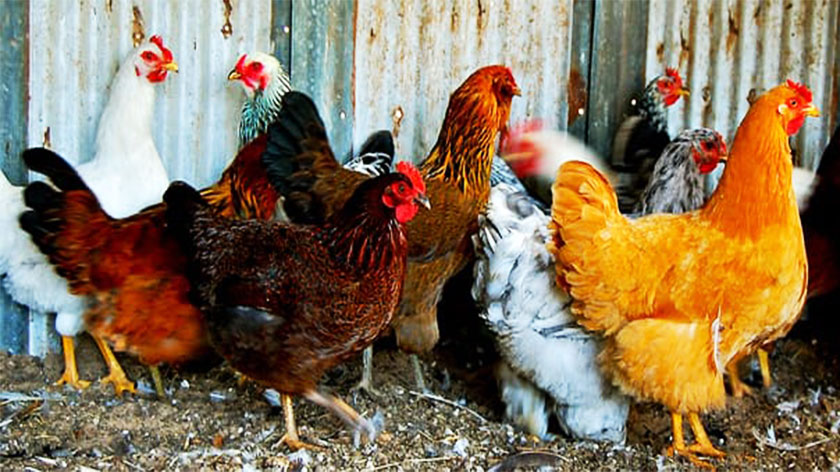When it comes to poultry farming, the breed of chicken you choose can have a tremendous impact on your experience. If you’re wondering what is the most aggressive chicken breed, you’re not alone. Many poultry enthusiasts have found themselves asking this question.
Understanding the nature of your flock is crucial to maintaining a peaceful and productive environment. In this detailed guide, we will dive deep into the characteristics and behaviors of the most aggressive chicken breeds.

Understanding Chicken Aggression
Chicken aggression can stem from several factors such as genetics, environment, and social hierarchy within the flock. It’s important to know that not all aggressive chickens are problematic. Some breeds have aggressive tendencies but can also be very productive and beneficial to your homestead.
Common Causes of Aggression
- Genetics: Some chickens are inherently more aggressive due to their breed.
- Environment: Overcrowding, lack of resources, and other environmental stressors can increase aggression.
- Social Hierarchy: Chickens establish a pecking order, and competition for top spots can lead to aggression.

The Most Aggressive Chicken Breeds
Gamefowl
Gamefowl breeds like the American Game and the Old English Game are known for their aggression. They were originally bred for cockfighting and possess a fierce nature.
Malay
The Malay is another breed known for its aggressive tendencies. These birds are large and formidable, often intimidating other chickens.
Asil
Asil chickens are renowned for their fighting spirit. They are highly territorial and can be very aggressive, especially towards other roosters.
Rhode Island Red
While not as aggressive as the breeds mentioned earlier, Rhode Island Reds can show aggressive behavior, particularly in confined spaces.

Managing Aggressive Chickens
Proper Housing
One way to manage aggression is by providing adequate space for your flock. Overcrowding can lead to stress and increased aggression.
Separate Enclosures
If you have particularly aggressive birds, consider separate enclosures to prevent fights and injuries.
Monitoring Behavior
Regularly observing your flock can help you identify and address aggressive behaviors before they escalate.

Implications of Aggressive Breeds
Pros
Some aggressive breeds are excellent foragers and can be very protective, making them good choices for free-range settings.
Cons
On the downside, aggressive chickens can cause injuries within the flock and may require more management and separate housing.
FAQ Section
Are all aggressive chickens bad?
No, not all aggressive chickens are problematic. Some breeds are aggressive by nature but can still be productive members of your flock.
Can aggression be reduced?
Yes, through proper management techniques such as providing adequate space and monitoring behavior, aggression can be minimized.
Which breed is the least aggressive?
Breed like the Sussex and Orpington tend to be more docile and are great choices for mixed flocks.
As an Amazon Associate, I earn from qualifying purchases.









